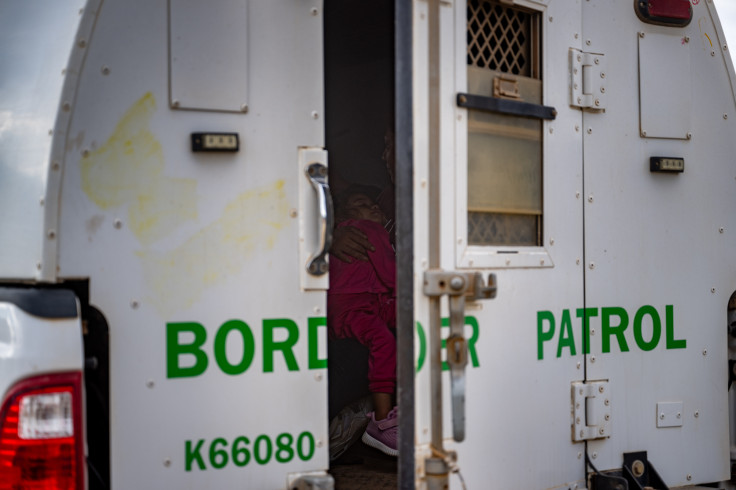
A woman claiming to be a nature photographer has been charged with conspiracy to transport migrants into the United States after her SUV was stopped with four migrants wearing camouflage.
The incident unfolded in southern New Mexico when U.S. Border Patrol agents stopped a black GMC Terrain near the town of Animas along New Mexico State Highway 338, a route federal officials describe as a common corridor for smuggling activity.Border agents arrested the passengers, identified as migrants, along with two U.S. citizens, Chelsea Naida Ruiz and Jermiah Earl Goins, who were later charged.
Goins reportedly told agents that they stopped to assist the four individuals, whom he claimed to have encountered while traveling to Animas for Ruiz to photograph the landscape. Ruiz said her photography work focuses on creating commercial wallpapers, and she trusted Goins' decision to pick up the individuals and give them a ride to Tucson, Arizona, according to Border Patrol.
Court filings indicate, however, that a migrant in the vehicle told investigators the group had paid smugglers for guidance across the border, walked for five days through the wilderness, and was instructed to lie low once inside the SUV. Agents also discovered two loaded firearms and marijuana in the vehicle. Both Ruiz and Goins are scheduled to appear in federal court in Las Cruces, New Mexico, on Wednesday.
The arrests coincide with heightened efforts to address human smuggling in the region. According to immigration enforcement statistics released on Monday by the U.S. Attorney's Office, 309 cases involving human smuggling were prosecuted in Arizona from October to December 2024 as The Tucson and Yuma Border Patrol Sectors, in collaboration with Homeland Security Investigations and other agencies, have prioritized reducing smuggling and targeting individuals and organizations facilitating unlawful border crossings.
During the same period, federal prosecutors in Arizona brought charges against 3,141 individuals for illegal entry or re-entry and handled cases tied to transnational criminal organizations and independent actors, including U.S. citizens engaging in smuggling activities.
Law enforcement has also focused on deterring social media-based recruitment of drivers, including young adults, to transport migrants, with cases brought against both juveniles and adults. Back in December, a sprawling report by The Texas Tribune revealed that Cartels operating along the U.S.-Mexico border are increasingly using social media to recruit Americans into human smuggling, taking advantage of vague job offers and promises of fast cash to lure victims.
The report went on to detail how posts on platforms like TikTok, Instagram, and Snapchat use vague advertising opportunities to promoted driving jobs with guaranteed payments of thousands of dollars, with recruits often receiving instructions through encrypted messaging where they are directed to border areas to pick up passengers and transport them to cities like San Antonio or Houston.
© 2025 Latin Times. All rights reserved. Do not reproduce without permission.





